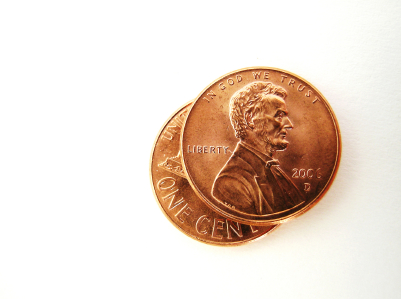By Joel Dresang
When somebody kicks a habit, especially if it’s abrupt, we say they quit “cold turkey.”
The Wall Street Journal recently used that expression to describe retirees leaving their jobs with little transition. The Journal also mentioned cold turkey in an article about giving up coffee for Ramadan.
For the past century, cold turkey has been associated mostly with trying to quit a drug addiction. Various lexicographers speculate that the phrase came about because it describes the chills and goose bumps that can accompany substance withdrawals. (Goose bumps — also known as goose flesh or goose pimples — comes from the texture of the skin of a plucked fowl that also happens to be tied to holiday dinners.)
Cold turkey gradually has been applied more broadly than to detoxification, such as the article about retiring abruptly.
Mostly, the origins of the phrase are educated guesswork.
For What It’s Worth is an occasional look at the meanings and origins of words and expressions investors may encounter.
Some experts say it could be a combination of “cold” meaning harsh and an older expression, “talking turkey,” another way to say being frank and forthright. In that sense, cold turkey still gives the impression of being resolute and decisive. Where we got the term “talking turkey” also is a matter of conjecture.
However, the etymology of “turkey” is better known, or at least enjoys greater consensus. Apparently, early European immigrants to North America saw wild birds that reminded them of the guinea fowl they were accustomed to back home. The guinea fowl were imported to Europe from Africa by way of Turkey, from which the Old World settlers appropriated the name for the New World fowl.
In Turkey, curiously, turkeys are known by a name that suggests the birds are from India.
Joel Dresang is vice president-communications at Landaas & Company.
Learn more
Why Do We Quit “Cold Turkey”? from Merriam-Webster
Why Is Abruptly Quitting Something Called “Going Cold Turkey”? from Mental Floss
Why Americans Call Turkey ‘Turkey,’ from The Atlantic
(initially posted April 29, 2021)
Send us a question for our next podcast.
Not a Landaas & Company client yet? Click here to learn more.
More information and insight from Money Talk
Money Talk Videos
Follow us on Twitter.
Landaas newsletter subscribers return to the newsletter via e-mail
